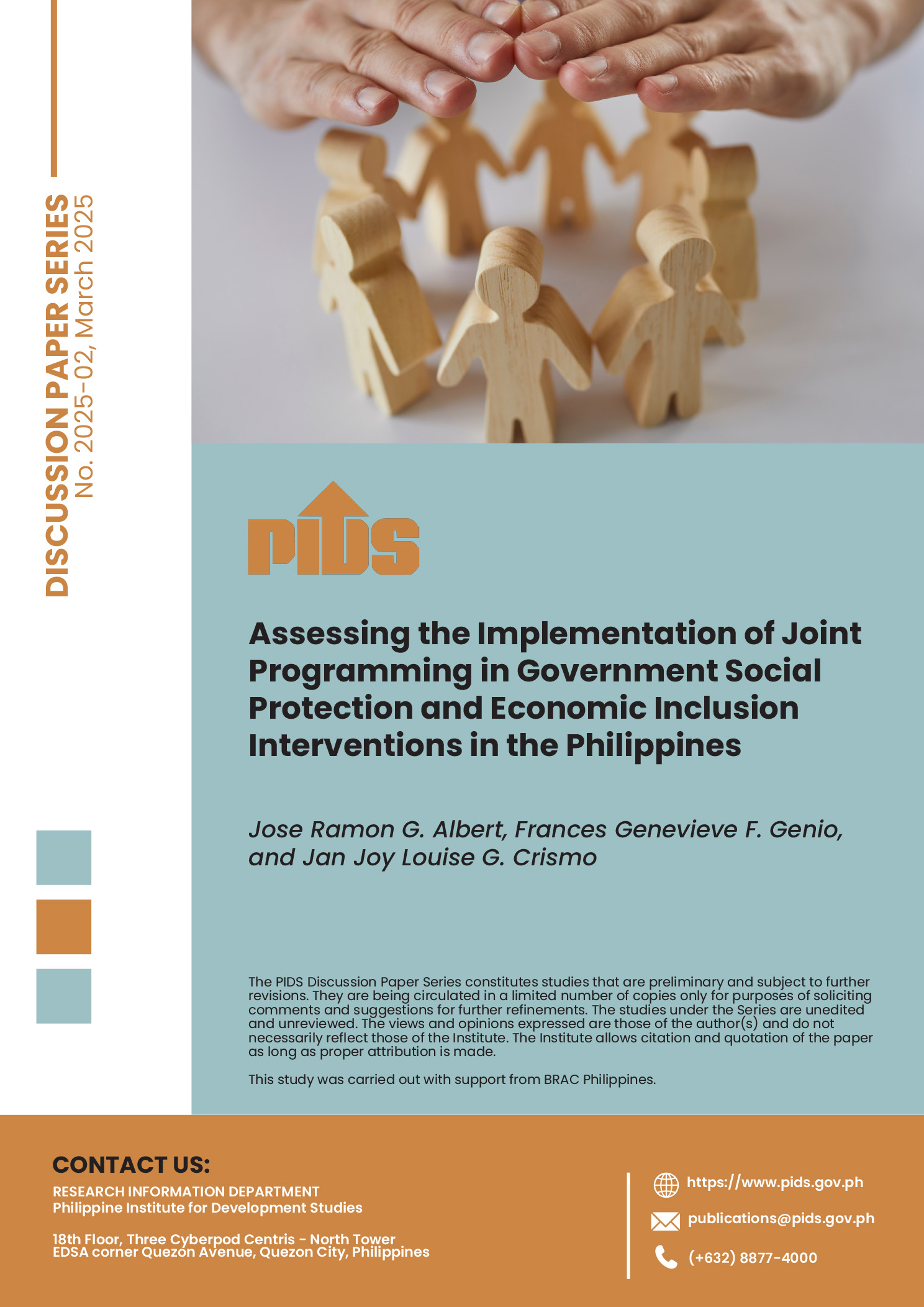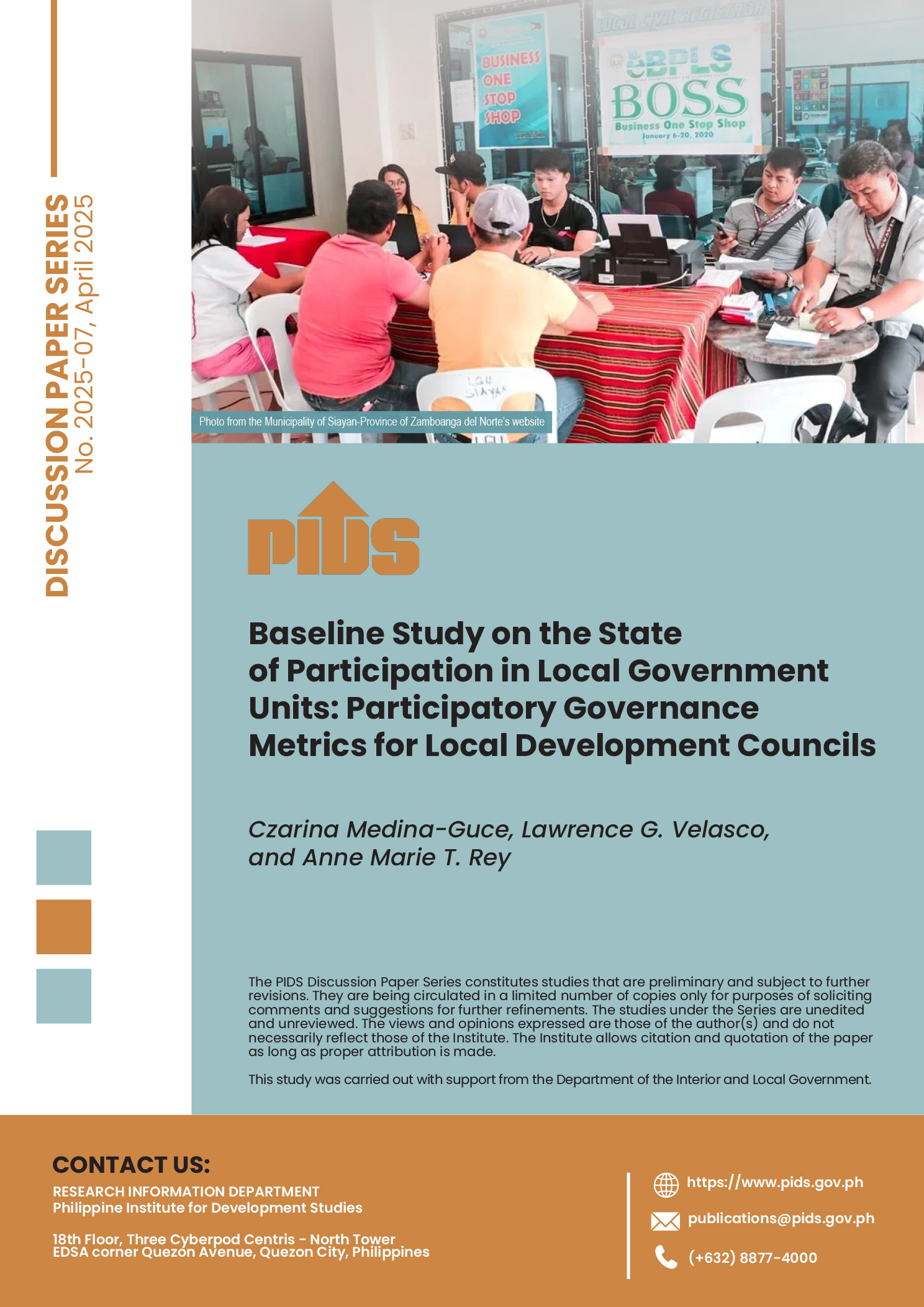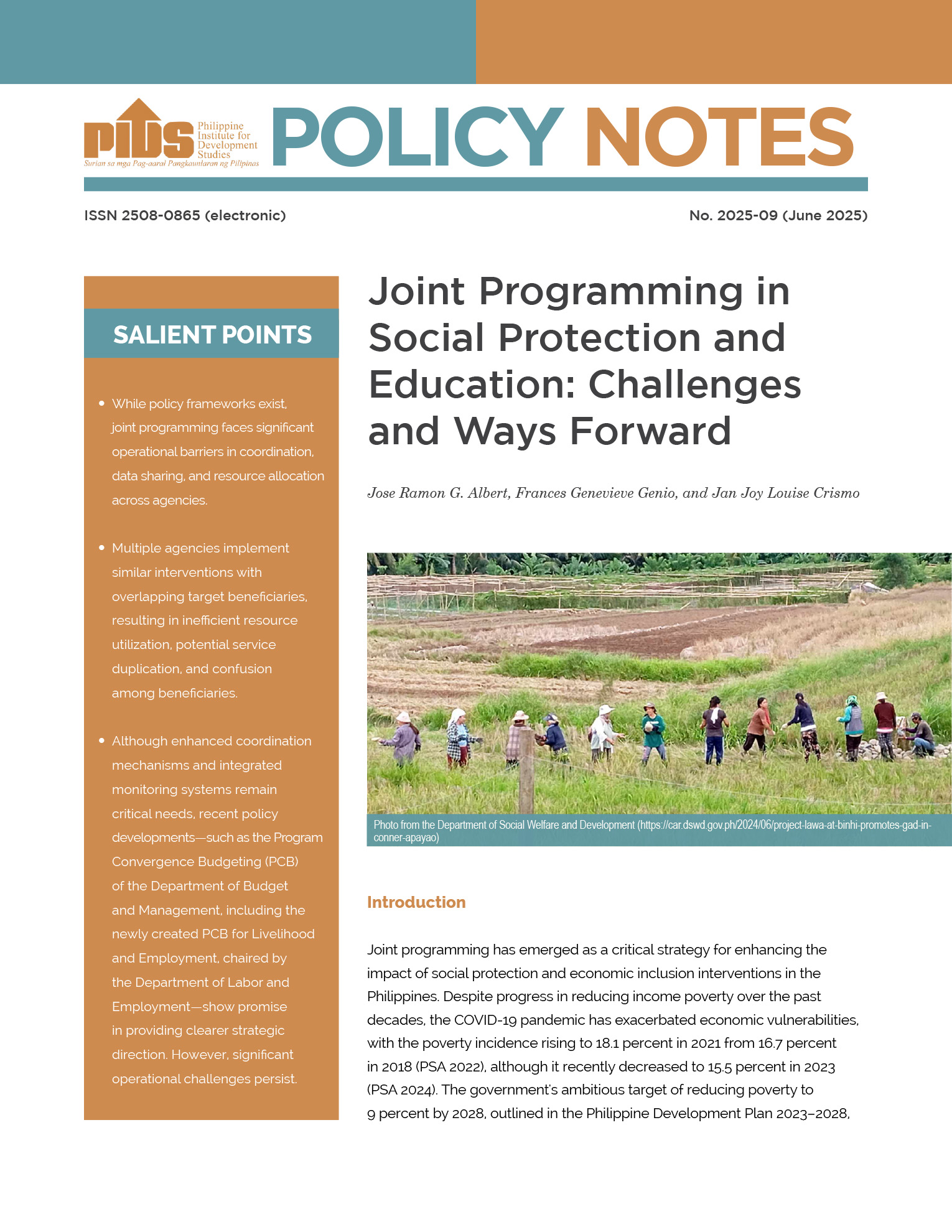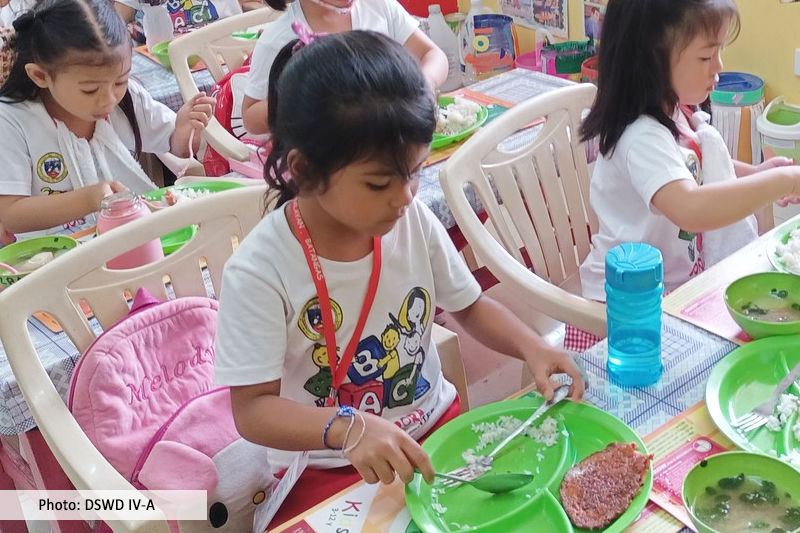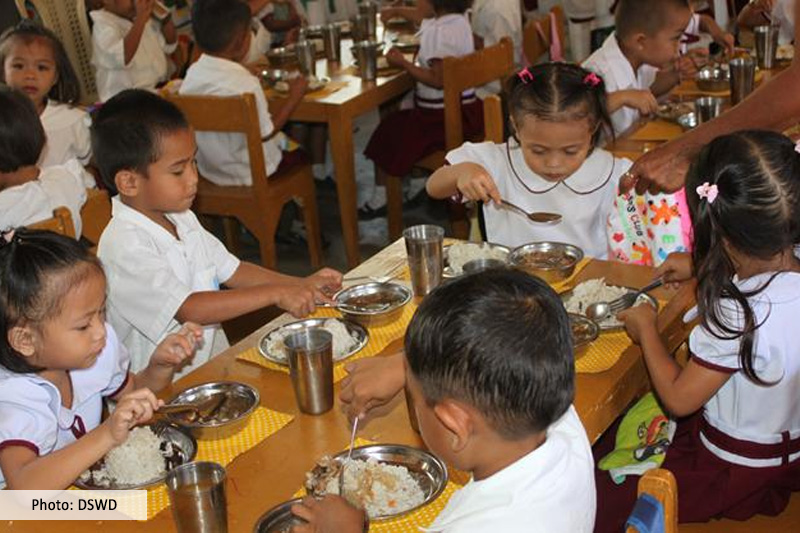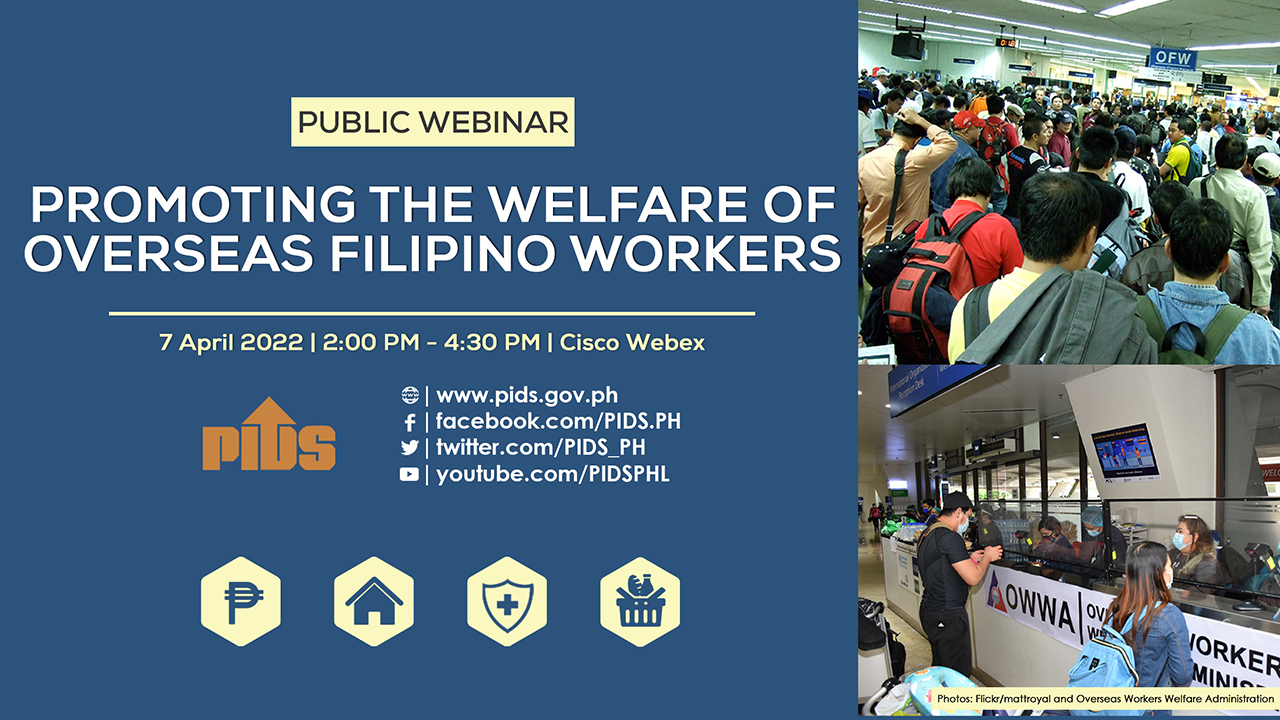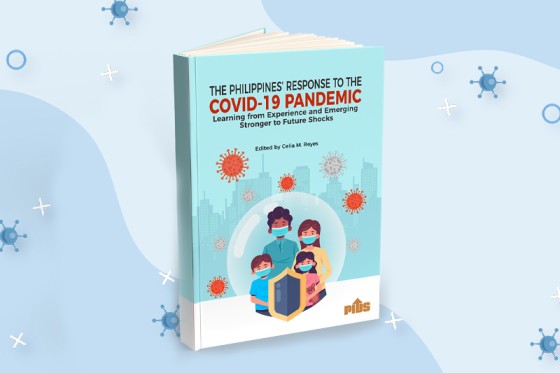
State think tank Philippine Institute for Development Studies (PIDS) launched its newest book focusing on the country’s response to the COVID-19 pandemic.
Titled “The Philippines’ Response to the COVID-19 Pandemic: Learning from Experience and Emerging Stronger to Future Shocks”, the book compiled various papers that assess the strategies, policies, and recovery efforts of the Philippine government during the first year of the pandemic.
Authored by various PIDS researchers, it discussed the challenges that the country had experienced and analyzed the government’s pandemic responses in the areas of health, macroeconomy, food security, labor, social protection, poverty, education, digitalization, fiscal response, and crisis and risk communication.
The book also provided recommendations to address the challenges and gaps in the interventions.
In her opening remarks during the virtual book launch, PIDS Vice President Marife Ballesteros highlighted the importance of assessing the country’s experience in responding to the COVID-19 pandemic.
“As we move to a post-pandemic scenario, it is good to reflect on how we have coped with the COVID-19 pandemic at the height of the crisis,” Ballesteros said.
She noted that it is essential to look back on how the country’s pandemic response fared in comparison with other countries as well as on its best practices and areas for improvement.
According to her, while interventions done by different countries were similar, the “magnitudes and delivery mechanisms differed.” Ballesteros also underscored the importance of developing systems and processes and improving the timing of interventions.
She compared the Philippines with Viet Nam, both of which had implemented stringent pandemic response but had “vastly different” public health and economic outcomes.
“Viet Nam recorded positive gross domestic product growth by the end of 2020 compared to the Philippines’ negative growth in the same year. The Philippines also responded to a nationwide vaccination program, but implementation has been much delayed resulting in slower economic recovery,” Ballesteros explained.
Meanwhile, immediate past PIDS president and the book’s volume editor Celia Reyes, who presented the book’s overview and highlights of the theme chapters, said that the book aimed at coming up with a “post-disaster assessment” given the country’s vulnerability to disasters.
“Very seldom do we do post-disaster assessments. I think this is one of the reasons why it seems like we always start from scratch whenever a shock hits us,” Reyes noted.
“Documenting our responses and lessons from this pandemic will help us learn from our experience and better manage future shocks. I am grateful to the PIDS research fellows who contributed to this initiative,” she added.
Selected chapter authors also presented the highlights of their papers in the virtual event. PIDS President Aniceto Orbeta Jr. talked about the government’s pandemic responses in the basic education sector, PIDS Senior Research Fellow Valerie Gilbert Ulep on the impacts of the pandemic on the health sector, and PIDS Senior Research Fellow Margarita Debuque-Gonzales on the pandemic’s impact on the Philippine economy and the government’s macroeconomic responses. ###
An e-copy of the book may be downloaded here: https://www.pids.gov.ph/publication/publication/books/the-philippines-response-to-the-covid-19-pandemic-learning-from-experience-and-emerging-stronger-to-future-shocks.

